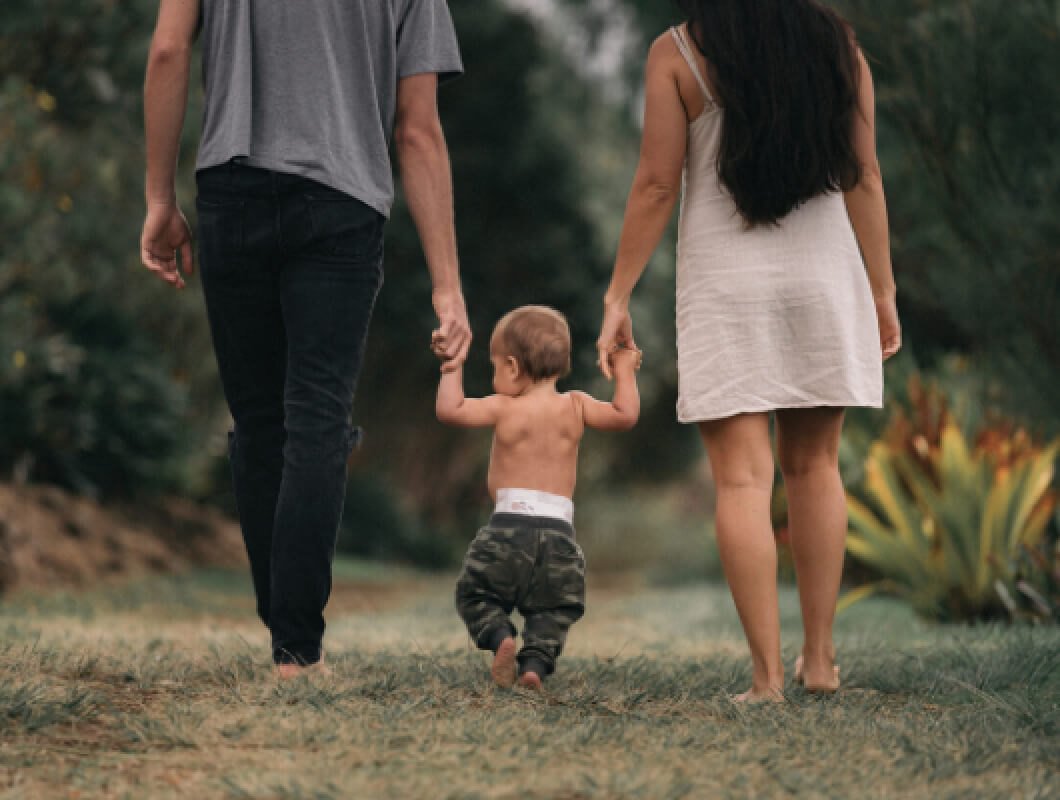Key findings
The Growing Up in New Zealand study has been going for more than a decade and in that time we’ve made some fascinating discoveries about what it’s like to be a child growing up in 21st Century New Zealand.
We’ve carried out more than 90,000 interviews and collected more than 50 million pieces of data to help inform policy and help give children the best start in life.
The good news is that the majority of children are thriving. You can read more in the reports we’ve released over the years here.
In the meantime, check out our top ten findings below:
1. Kiwi kids are often on the move
This generation is highly mobile. Only one in three of all the Growing Up children and their families has not moved house at least once during their pre-school years.
A few families have moved 12 or more times in less than five years.
Nearly half of the Growing Up children live in rental accommodation, and many of the homes can be damp and cold.

2. New Zealand’s next generation is diverse
Today’s Kiwi kids are more diverse than ever before. One-third of Growing Up children were born to at least one parent who did not grow up in New Zealand themselves.
More than 85 different languages are spoken in the homes of Growing Up children.
One in four of the children are identified by their parents as Māori, one in five Pacific, one in six Asian, and seven out of ten New Zealand European. Surprisingly, mums and dads don’t always agree about their child’s ethnicity.
3. There’s no ‘one-size-fits-all’ family
It probably comes as no surprise that the traditional nuclear family is no longer the only norm.
One in four children lived an extended family household in their first year of life and one in five are living in this type of extended family environment when they start school.
Sole parents are rare, though the likelihood of this increases as the children grow older.
4. Today’s children are ‘digital natives’
Screen use and screen time has been a feature of almost all of the Growing Up children’s daily lives from infancy. These children are ‘digital natives’.
By the age of two, children are using screens for an average of two hours a day. Greater screen time use is associated with an increased likelihood of developing behavioural issues.
However, it appears that having rules in place about the content and content and timing of the screen time is more important in shaping behaviour rather than the number of hours on a device.
5. Pregnancy can come as a surprise
Nearly 40% of pregnancies were unplanned. This meant that the opportunity to make behaviour changes such as not drinking alcohol or smoking were delayed for some of the mothers.
Nine out of ten mothers did not take folic acid as recommended (starting prior to pregnancy and then reducing after the first trimester). And one in six took none at all in the perinatal period.
Growing Up in New Zealand has also found that too many mothers (13%) experience symptoms of depression in late pregnancy, and that these are often untreated. In the post-natal period, this number drops to 8%.
Symptoms are more likely in mothers who are young or facing high levels of financial or relationship stress. The answer could lie in earlier screening for maternal mental wellbeing to provide appropriate support to mums from birth and help give children the best start to life.
6. Dads get ‘baby blues’ too
Dads also get the perinatal blues! Growing Up has found that twice as many new dads experience symptoms of depression compared with men in the general population.
These symptoms are more likely after baby is born than during pregnancy (this is the opposite pattern to mothers).
7. Those first 1000 days really are crucial
It’s well recognised that the first 1000 days of a child’s life from conception to the age of two are crucial. And the Growing Up in New Zealand findings bear that out.
Children who are exposed to persistent adverse environments, such as material disadvantage and poverty in early life, have a less than ideal start to life and the effects are multiple, including poorer health and wellbeing overall; fewer immunisations; a greater likelihood of being overweight or obese; more behavioural issues; and being less prepared for formal schooling.
8. Bullying starts early
One in ten children has been regularly picked on or bullied since the age of two. New Zealand teenagers experience very high rates of bullying (compare to other OECD countries) and the Growing Up findings suggest that bullying starts early.
9. Finances can be a juggle
One in ten children experience persistent poverty in their first two years of life and family finances can be complex. By the time a baby’s born, nearly one in five families are receiving income from four or more sources.
Around 40% of families experience material hardship at any single time point during the formative first two years. When this occurs, many make sacrifices (household heating, cheaper food choices) in order to pay for other things.
Mothers on leave from work tend to use a combination of maternity leave, annual leave and unpaid leave.
10. Our capacity to understand and speak Te Reo Māori is growing
Only 5% of parents say they can speak Te Reo Māori, but by the age of two, 12% of the children were reported to understand some Te Reo and around 10% percent were reported to be regularly speaking Te Reo by the age of four-and-a-half.
%201.svg)